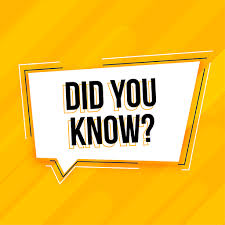
simply amazing, always for you.
Yes, it’s true! Octopuses have three hearts, and each one serves a unique purpose.

Here’s how it works:
- Two Branchial Hearts: These two hearts are responsible for pumping blood through the gills, where it is oxygenated. The gills extract oxygen from the water, and the blood is then oxygen-rich and ready to circulate throughout the body.
- One Systemic Heart: This heart pumps the oxygenated blood from the gills to the rest of the octopus’s body. It delivers oxygen to the organs and tissues, allowing the animal to function and move.
Interesting Twist:
When an octopus swims, the systemic heart actually stops beating temporarily. This is because swimming puts a significant strain on the body and the heart’s pumping ability. As a result, octopuses prefer crawling to swimming, since it’s less taxing on their circulatory system.
This unique circulatory system is just one of the many fascinating features of octopuses, which are known for their intelligence, incredible flexibility, and ability to camouflage.

Support Our Website!
We appreciate your visit and hope you find our content valuable. If you’d like to support us further, please consider contributing through the TILL NUMBER: 9549825. Your support helps us keep delivering great content!
Thank you for your generosity!
